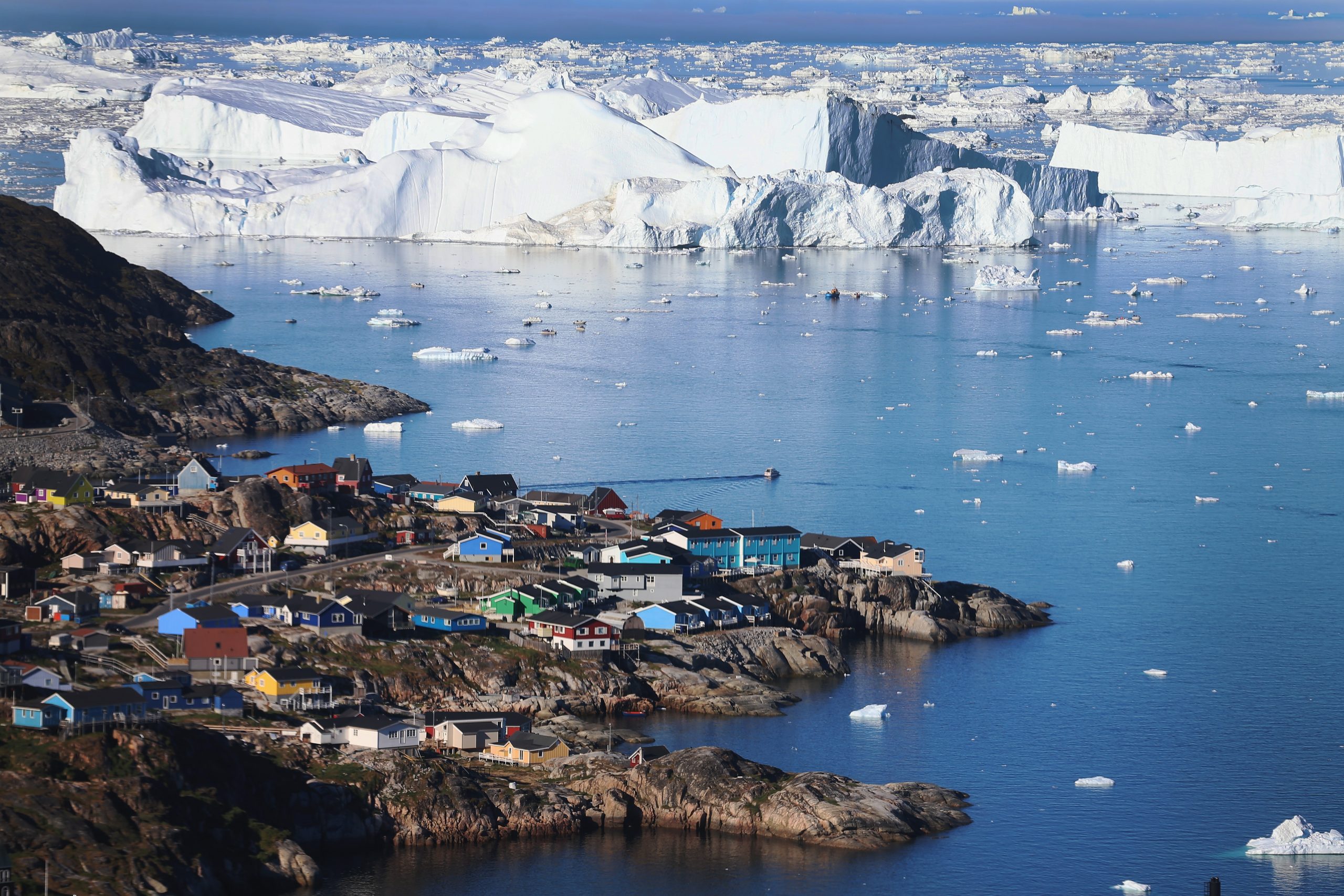
In a result that would appear to plant a small flag of hope in our world of melting ice caps and growing eco-crisis, the leading political party in Greenland is now “green”. The left-wing Inuit Ataqatigiit (IA) party won 37 per cent of the vote in a snap election on Tuesday (6 April), pushing the ruling centre-left Siumut party into second place and sending a powerful message that there are some things – namely health and environmental safety – that even international finance cannot buy.
The election was called after the governing coalition collapsed over a dispute about an open-pit mining project in the country’s south. Greenland Minerals, an Australian company backed by Chinese investment, believes the proposed Kvanefjeld operation could become one of the largest producers of rare-earth metals for use in electronics and aerospace, as well as uranium, which is essential to nuclear power plants. The company had promised Greenland a yearly payment of 1.5bn Danish kroner (£175m, nearly 6 per cent of the country’s GDP) for the next 37 years.
Supporters of the project hoped it would help release the island’s 56,000 inhabitants from their monetary dependence on the Kingdom of Denmark. But the high financial stakes only make the triumph of the Inuit party – which has pledged not to license the mine and campaigned on a strong green agenda – all the more striking.
“There are two issues that have been important in this election campaign. People’s living conditions is one. And then there is our health and the environment,” Múte Bourup Egede, the 34-year-old chair of the party, reportedly told the Greenlandic public broadcaster, KNR.
If the Inuit Ataqatigiit party can form a governing coalition, then local rights to environmental protection will likely prevail. Fears about uranium dust will be stemmed and concerns over the creation of dams to hold toxic waste removed.
Wider questions will remain, however, over both Greenland’s political future and the global supply of rare-earth metals. Vital components of the world’s green transition – such as electric car batteries, solar panels and wind turbines – all depend on the availability of rare-earth materials. Supply is currently dominated by China, which provides the EU with 98 per cent of its rare-earth needs. But Greenland sits on top what the US Geological survey has deemed one of the world’s biggest untapped reserves.
The nation has already been drawn into the heart of a green-technology scramble, for which the Kvanefjeld mine was to be only the start. Commentators may have scoffed when Donald Trump announced in 2019 that he wanted to “buy” Greenland in a real-estate “deal of the century”, but the idea was reportedly linked to genuine concerns over the US’s access to rare-earth metals.
[see also: “We all struggle with despair”: Naomi Klein on overcoming doomism with climate action]
The Polar Research and Policy Initiative (PRPI), a London-based think tank, has called for a new minerals alliance between Britain, Canada, the US, Australia and New Zealand – one that would work with Greenland and resource companies to ensure that any such development is approached responsibly.
“Greenland was, is and remains a stable and attractive jurisdiction for mining investment. What the majority doesn’t want is dirty mining,” says PRPI’s managing director, Dr Dwayne Ryan Menezes. “[The Inuit Ataqatigiit party] will have to go further to stress the exceptional circumstances surrounding this project that have warranted IA’s opposition.”
For now, though, “dirty” mining, at least, has been sent a message to clean up its act – not just in Greenland, but in the many areas in which the ecology and rights of indigenous people are threatened by new mining projects around the world.
“I think the outcome from Greenland is not only a democratic victory for environmental justice but also inspiring,” says Sune Scheller, programme manager for Greenpeace Denmark. “One can find some wisdom here about some of the important things in life, such as the value of a rich nature and healthy environment.”
In these ways at least, an election in a small nation in the globe’s far north may carry a large message that travels far beyond its borders.
[see also: Philippe Sands on why “ecocide” should be a crime]





